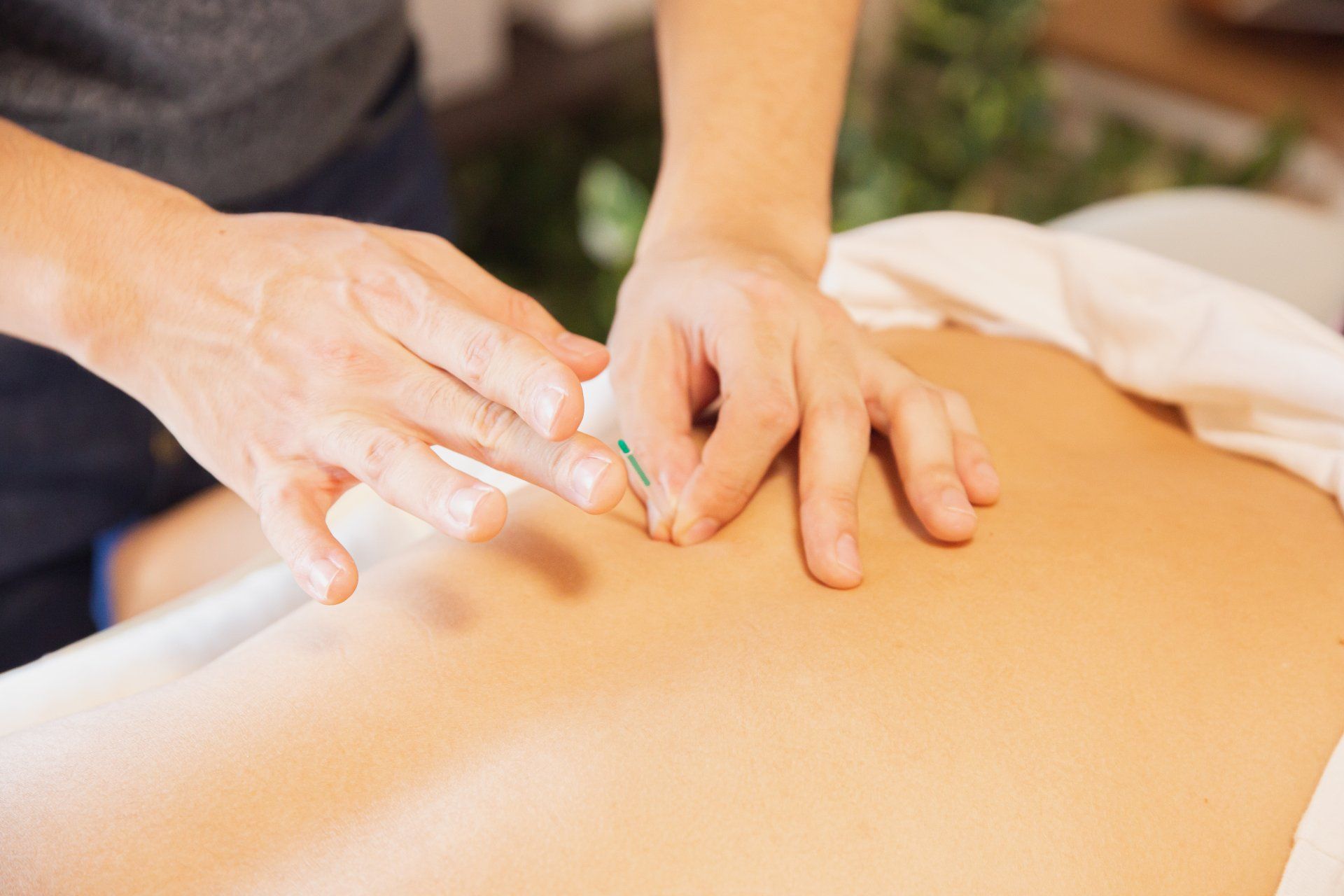Acupuncture and Postpartum Depression
What is Postpartum Depression?
The birth of a baby not only causes excitement, joy, love, fear and anxiety: Chemical changes may occur that can also cause depression after birth.
Many new moms go through an emotional phase. This phase can include anger outbursts, mood swings, crying and mild depression. Some new moms have emotions that run much deeper for a longer period of time. Depression that lasts for an extended period of time after birth is called postpartum depression.
Many people may feel that postpartum depression is a character flaw or a mental weakness. On the contrary, postpartum depression is

caused by the extreme emotional and chemical changes that occur during or after childbirth. Women who have postpartum depression typically need medical care for least a short time. This medical care is focused on correcting the chemical imbalance in the brain caused by childbirth.
Acupuncture may also be helpful in treating the symptoms of postpartum depression. Before we explore that, let’s have a look at some of the things that may cause postpartum depression.
Causes of Postpartum Depression After Child Birth
Physical Changes
After childbirth a woman’s hormones fluctuate rapidly and her body cannot always adjust to these changes immediately. The main hormones involved are estrogen and progesterone. The thyroid also may not produce hormones the way it typically did before birth. These things can leave the mother feeling tired, sluggish and depressed. Other physical changes that occur may include loss of blood volume, lower blood pressure, lowered immune system response and changes in metabolism.
Emotional Factors
Emotional struggles can be caused by a number of things including sleep deprivation and feeling overwhelmed by all of the new changes in your life. During this time you are happy about your newborn but possibly feeling less attractive, struggling with your identity, and sometimes feeling like you have lost control of your life.
Lifestyle Influences
There are many lifestyle factors that can cause postpartum depression. On one hand, your baby is demanding attention in addition to attention you may need to give to older siblings or other people in your environment. On the other hand, you may be juggling exhaustion, a lack of support from your spouse or partner and possible financial adjustments that are necessary with the birth of a baby.
Genetics. Some women are genetically predisposed to be more vulnerable than others to receiving a diagnosis of postpartum depression. This is similar to being genetically predisposed to developing typical depression symptoms throughout life.
Acupuncture for Postpartum Depression Symptoms
Acupuncture can be extremely beneficial in addressing symptoms of postpartum depression. With acupuncture treatment, the body’s natural hormonal balance may be regained in a much shorter amount of time. Many of the emotional symptoms of postpartum depression have been shown to improve with continued acupuncture treatments. It has even been suggested that acupuncture may help to prevent the onset of postpartum depression.
Developing postpartum depression does not mean you are a bad person or a bad mother. Medical help is available. Talk to your family doctor or obstetrician to find out more about treatment of postpartum depression. Don’t wait until it’s out of control to seek help. If you feel angry at your baby, or are not able to care for your baby because of frustration or sadness, ask a friend or relative to keep an eye on your child until you are feeling better.
While it is recommended that you seek medical care in case of an emergency (such as if you feel like you may harm yourself or your baby) acupuncture is recognized as one of the most successful natural treatments for postpartum depression and depression symptoms in general. If you are experiencing symptoms of postpartum depression, or feel you may be at risk for developing such symptoms, please don’t hesitate to contact one of Pulling Down the Moon’s licensed acupuncturists or to schedule a treatment at one of our centers.
Meet Tamara Quinn
View Profile: Co-Founder of Pulling Down the Moon
Tami, the Co-Founder of Pulling Down the Moon, played a pivotal role in transforming the care provided to women facing infertility. After a corporate career, she sought balance and meaning through yoga and ancient healing practices, eventually leaving the corporate world. Tami became a registered yoga teacher (RYT), immersing herself in mystical yogic traditions such as Kriology and Ayurveda. She also attained the status of a reiki master, a disciple of Kriya yoga, and an ordained Swami. Utilizing her extensive training, Tami creates fertility rituals, meditations, and yoga classes tailored to women dealing with infertility, some of which are highlighted in her co-authored book, "Fully Fertile, A 12-Week Plan to Optimal Fertility." Her journey remains ongoing as she continues to learn from her Guru and her students, demonstrating a deep commitment to her path.
Share on Social
Discuss With Us
Our Latest Resources




